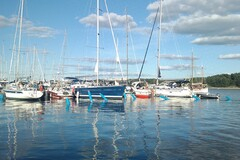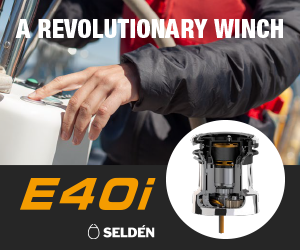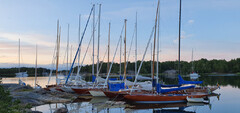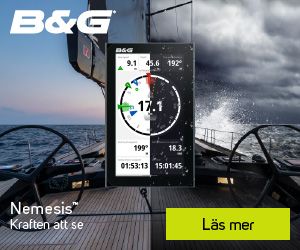COLD, DARK, DANGEROUS
The next leg to Qingdao could be one of the most difficult in the history of the Volvo Ocean Race, according to crews who are dusting down their helmets and neoprene trimmings in preparation for some cold and dark days ahead.
When the fleet leaves Singapore, they will have acclimatised to the intense heat and humidity plus a sun that rises at around 7.15am and sets 12 hours later.
As they move north to China, upwind and in a straight line, the days will get progressively shorter, with another two hours of darkness added to each gruelling day.
Temperatures will also plummet and close attention has been paid to reports from the Clipper Race last year where crews faced freezing wind chill and snow on the deck.
For all the crews, especially those born and brought up in the Mediterranean, the cold conditions and long nights fill them with dread, so the list of demands on the shore crews, who aim to make sailors' lives as comfortable as possible, have a prima donna feel about them.
More two minute noodles, more hot drinks, more chocolate, a large thermos flask, extra heaters, extra ducting for existing the heating, neoprene face masks and so it goes on.
For the first time, the kit bags will be full to bursting, says Stu Bannatyne, watch leader on Ericsson 4.
"I estimate we will be wearing seven layers of clothing - wicking layers, vests, thermals, fleeces, salopettes, waterproof foul weather gear, then hats, goggles, gloves and boots and socks and neoprene face masks.
"Every time we get up it will take around 25 minutes to get dressed and the same when we come off watch, so sleeping time will be reduced."
Attitude adjustment
Sleep-deprived sailors battling relentlessly against headwinds in rough seas. These challenges do not make for happy crews.
"We have a few comedians on board Ericsson 4," Bannatyne stated, "but when it goes cold, people tend to become a little bit introspective and spend their energy keeping warm rather than interacting too much.
"And because there will be less time for sleep, we might have to work harder at keeping spirits high. We will have to pay more attention to looking after each other."
This leg will require more discipline, added Simon Fisher, navigator on Telefonica Blue.
"When it's dark, it's not natural to eat or drink so we will have to be more disciplined so we stay hydrated and strong. The darkness also affects people's moods. People are happier when the sun is shining - I am always surprised about the difference it makes to people's moods.
"It won't affect me because sometimes I have to work all day and sometimes I work all night, though it is definitely easier to rest at night. We did some training before the race where we did short days and long nights, but the cold will be hard for our guys because most of them are Spaniards who have never sailed in the cold. It will be interesting to see how they go."
With time on deck set to be limited as soon as they reach Taiwan, possibly before that depending on the weather, the watch systems will be changed. Four hours on deck and four off and an additional mini watch system, perhaps, since so few hands will be needed on deck for the upwind sailing.
"The conditions will be windy and cold and we will be going upwind. The fact that it will also be dark puts another dampener on things. No one in this fleet is looking forward to this leg but we will have to make the most of it," said Bannatyne cheerfully.

























